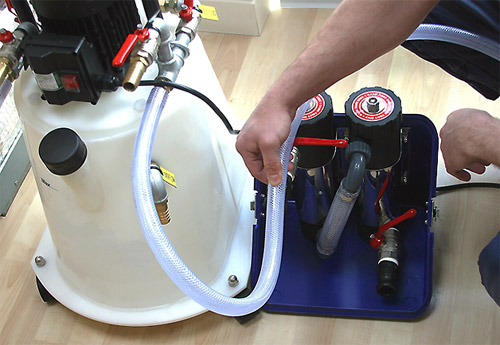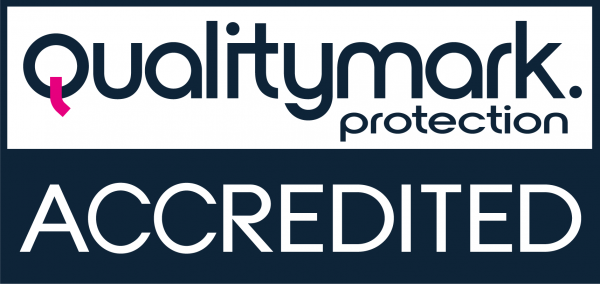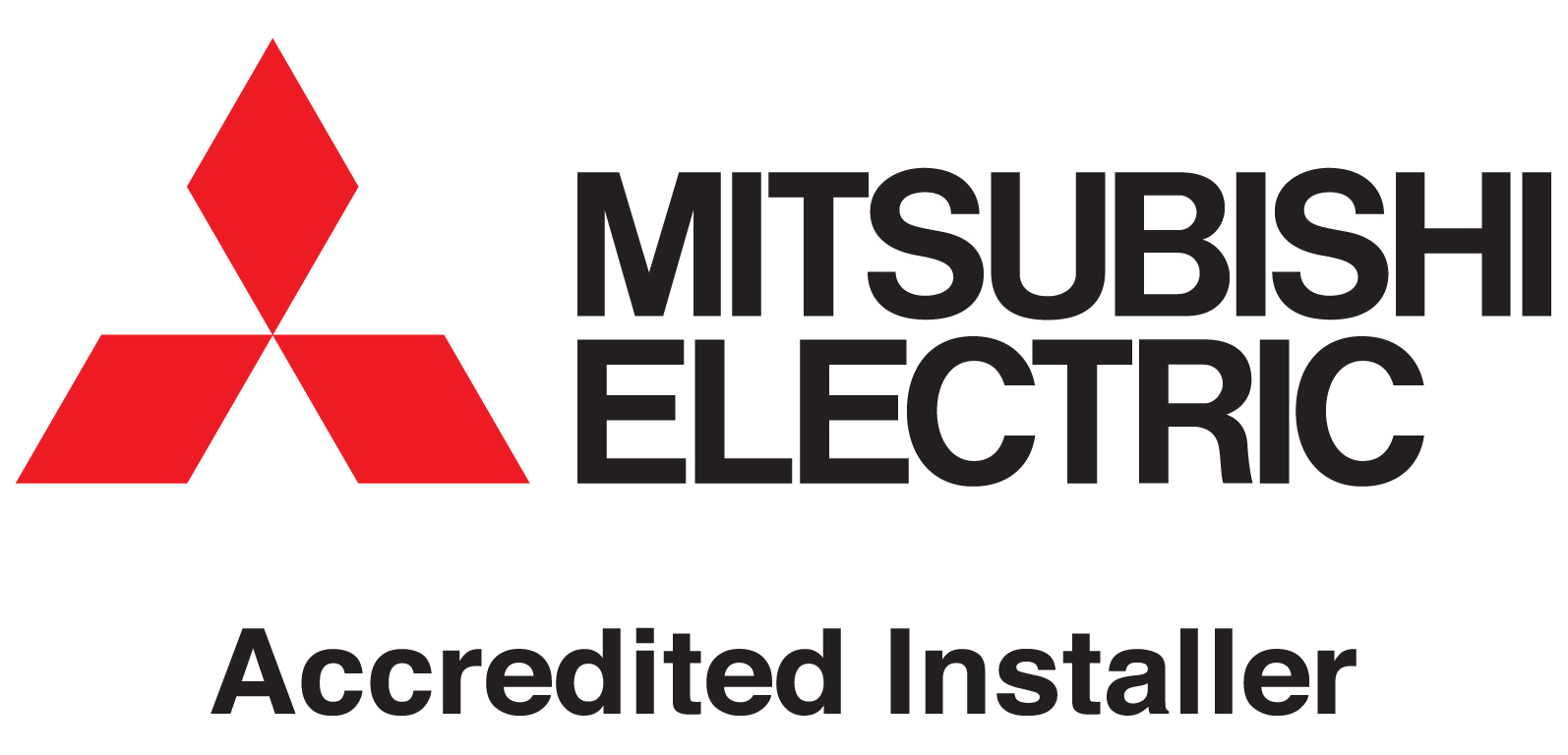
The importance of a power flush for your central heating system
The health of your property’s central heating system is critical in ensuring your rooms are comfortable. It also makes sure you’re not running up the heating bill by wasting precious energy. Having a reliable source of heat and hot water is becoming more important as we approach the winter months. This is why you should make sure your heating system has gone through a power flush.
What is a power flush?
With constant use, a lot of heating systems start to gather a range of contaminants like sludge, rust, scale, and other debris. A power flush will remove this from your radiators, boilers, and pipes. This hugely reduces your risk of experiencing breakdowns and leaks. With a power flush, you also ensure that you are complying with UK building regulations where both domestic and non-domestic establishments must properly maintain their central heating.
The benefits of a power flush
As well as removing unwanted debris and contamination, a power flush can also:
- Create a more even heat distribution throughout the building
- Improve energy savings
- Lower household bills
- Increase system reliability
- Extend central heating system lifespan
How does a power flush work?
To power flush a central heating system, you need:
- A power flushing machine
- An appropriate cleaning chemical
- A survey kit to measure the effectiveness of the flush
This process is usually carried out by trained professionals due to the equipment needed and the knowledge required to operate it safely and effectively. Before the flush, they will record the temperatures of all radiators, identifying cold spots, allowing you to see the effectiveness of the flush afterwards.
They will record central heating settings so you can get back up and running quickly after the flush. Then they take a sample of the system water for reference and make all the necessary preparations before the flush before they begin. They will then connect the power flushing machine which gets to work cleaning out your system. After this, they will test the water and radiators to see that the flush has been successful.
How do you know when you need a power flush?
When your system builds up sludge, your system may start to corrode. This is a result of undetected air entering the system. This sludge blocks waterways, pipes, and exchange heaters, reducing efficiency and slowing down heat transfer. To find out if you need power flushing, check to see if your system is showing the following signs:
- Your radiators get cold spots – particularly at the bottom
- The radiators don’t get hot even if the pipe does
- Radiators take a long time to heat up
- Your radiators need bleeding often, producing discoloured water
- Radiators are leaking
- Your boiler switches on and off
- Radiators and boiler have become noisy, make loud banging noises, or knocking sounds
- Your boiler produces unstable temperatures
- Your boiler breaks down
- You boiler sounds like a whistling kettle
If you find that your central heating system is producing some of these symptoms, you might need to complete a power flush of the system. This will keep your efficiency high, save you money, and produce effective heating.
If you have a problem with your central heating or think you need a power flush, get in touch with GOS Heating today on 01772 734 966. Don’t wait until the cold sets in; get your boiler sorted now for a cosy winter.






















